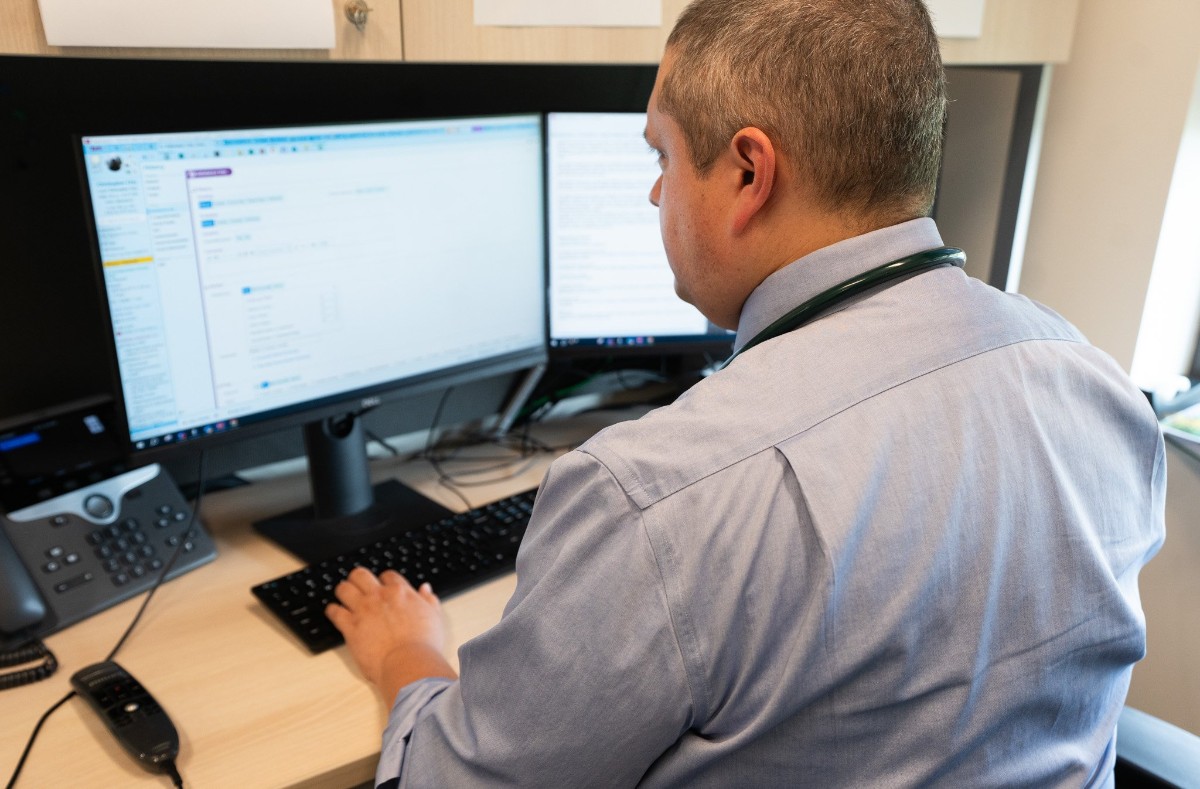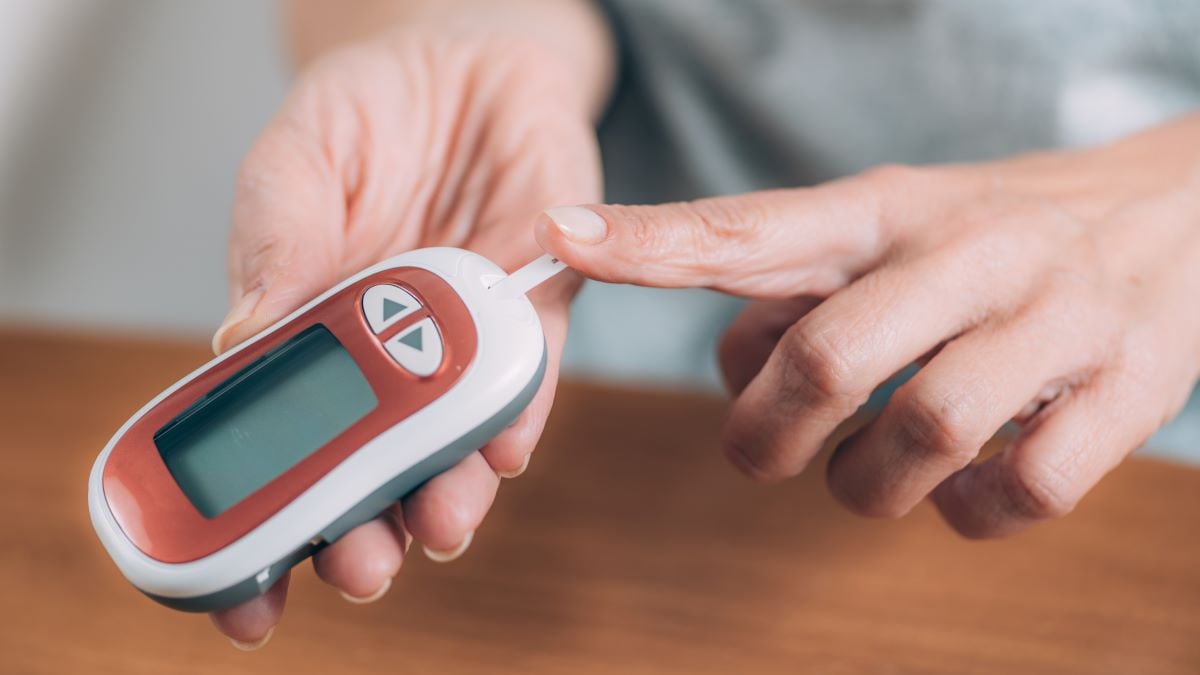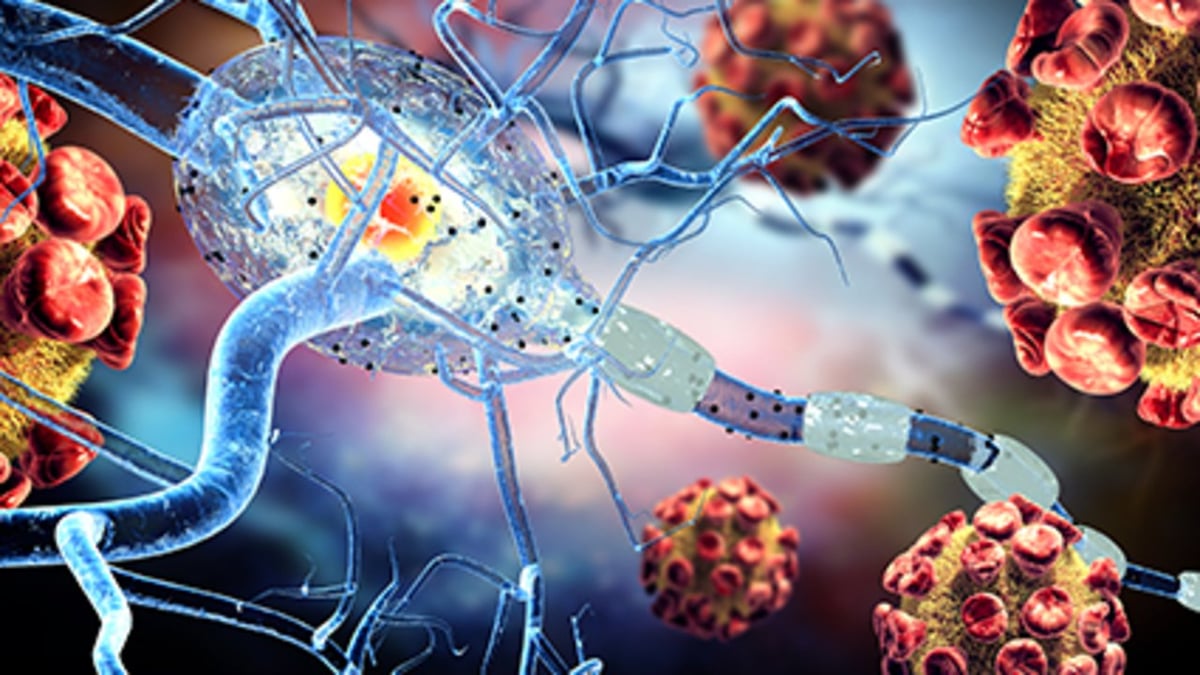
People stricken with a severe case of COVID-19 have a higher risk of mental illness in the year following their infection, a new study warns. However, vaccination appears to ward off these effects on mental health, researchers reported Aug. 21 in the journal JAMA Psychiatry. People hospitalized for COVID have a 16 times higher risk… read on > read on >


















.jpeg)











